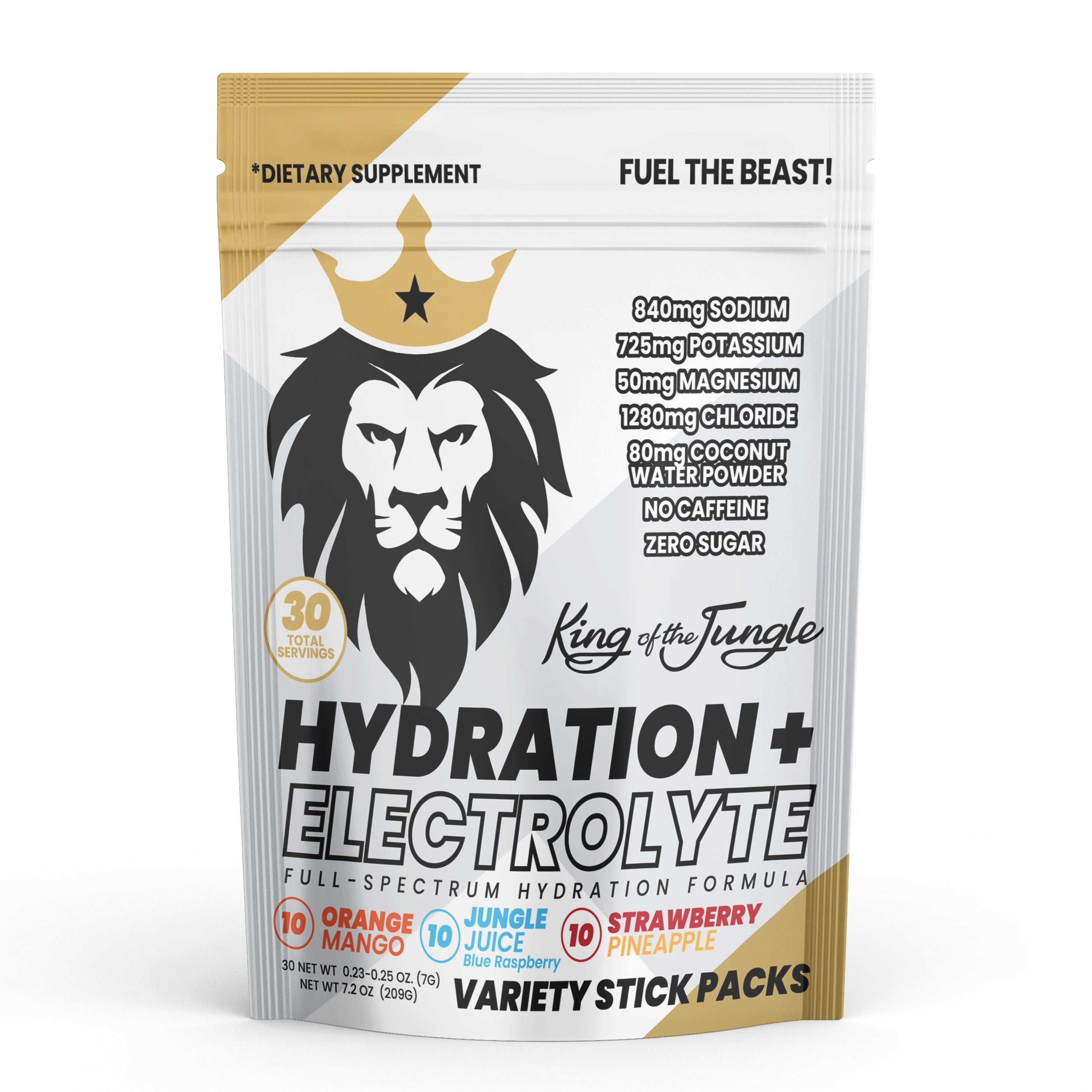Unleashing Your Workout Potential: The Power of Supplements in Enhancing Muscle Gains and Performance

In the pursuit of achieving optimal fitness goals, individuals often turn to various strategies to maximize their efforts. One such strategy that has gained considerable attention in recent years is the use of supplements. With the potential to support muscle growth, enhance performance, and aid in recovery, supplements have become a valuable tool for athletes, bodybuilders, and fitness enthusiasts alike. In this blog post, we will explore how supplements can play a critical role in improving exercise outcomes and increasing muscle gains, supported by scientific studies and reputable sources.
-
Protein Supplements: Protein, known as the building block of muscles, plays a vital role in muscle repair and growth. While it is possible to meet protein requirements through a well-balanced diet, protein supplements offer convenience and efficiency, especially for those with high protein needs. Numerous studies have demonstrated the effectiveness of protein supplementation in augmenting muscle gains and exercise performance. For example, a study published in the Journal of the International Society of Sports Nutrition found that whey protein supplementation significantly increased muscle mass and strength in resistance-trained individuals.
-
Creatine: Creatine is a naturally occurring compound that plays a crucial role in energy production during high-intensity exercise. By increasing the availability of adenosine triphosphate (ATP), the body's primary energy source, creatine supplementation has been shown to enhance muscular power, strength, and overall exercise performance. According to a meta-analysis published in the Journal of Strength and Conditioning Research, creatine supplementation led to significantly greater gains in strength and muscle mass compared to placebo groups across a wide range of resistance training protocols.
-
Branched-Chain Amino Acids (BCAAs): BCAAs, comprising leucine, isoleucine, and valine, are essential amino acids that play a crucial role in muscle protein synthesis and energy production. BCAA supplements have gained popularity due to their ability to prevent muscle breakdown during intense workouts and stimulate muscle growth. Research published in the Journal of the International Society of Sports Nutrition found that BCAA supplementation reduced muscle soreness and promoted muscle recovery following resistance exercise.
-
Beta-Alanine: Beta-alanine is a non-essential amino acid that combines with histidine to form carnosine, a compound that helps buffer lactic acid accumulation in the muscles during exercise. By reducing muscle acidity, beta-alanine supplementation can delay fatigue and increase exercise capacity. A study published in the Journal of the International Society of Sports Nutrition reported that beta-alanine supplementation significantly improved performance during high-intensity interval training (HIIT), allowing participants to perform more repetitions and experience less fatigue.
-
Omega-3 Fatty Acids: Omega-3 fatty acids, particularly eicosapentaenoic acid (EPA) and docosahexaenoic acid (DHA), are renowned for their anti-inflammatory properties and potential benefits on exercise-induced muscle damage. Omega-3 supplementation has been shown to reduce muscle soreness and inflammation, allowing for faster recovery and improved performance. A study published in the American Journal of Clinical Nutrition demonstrated that omega-3 supplementation improved muscle function and reduced markers of inflammation following resistance exercise.
- Pre-workout supplements can be a valuable addition to an individual's fitness routine. These supplements are specifically designed to be consumed before a workout to enhance performance, energy levels, and muscle gains. Pre-workout supplements often contain other ingredients such as caffeine, creatine, and beta-alanine, which can increase energy levels, improve focus, and delay fatigue. Scientific studies have shown that the proper use of pre-workout supplements can lead to improved strength, power output, and endurance during workouts. However, it is important to follow dosage guidelines and consult with a healthcare professional to ensure safe and effective use of these supplements.


